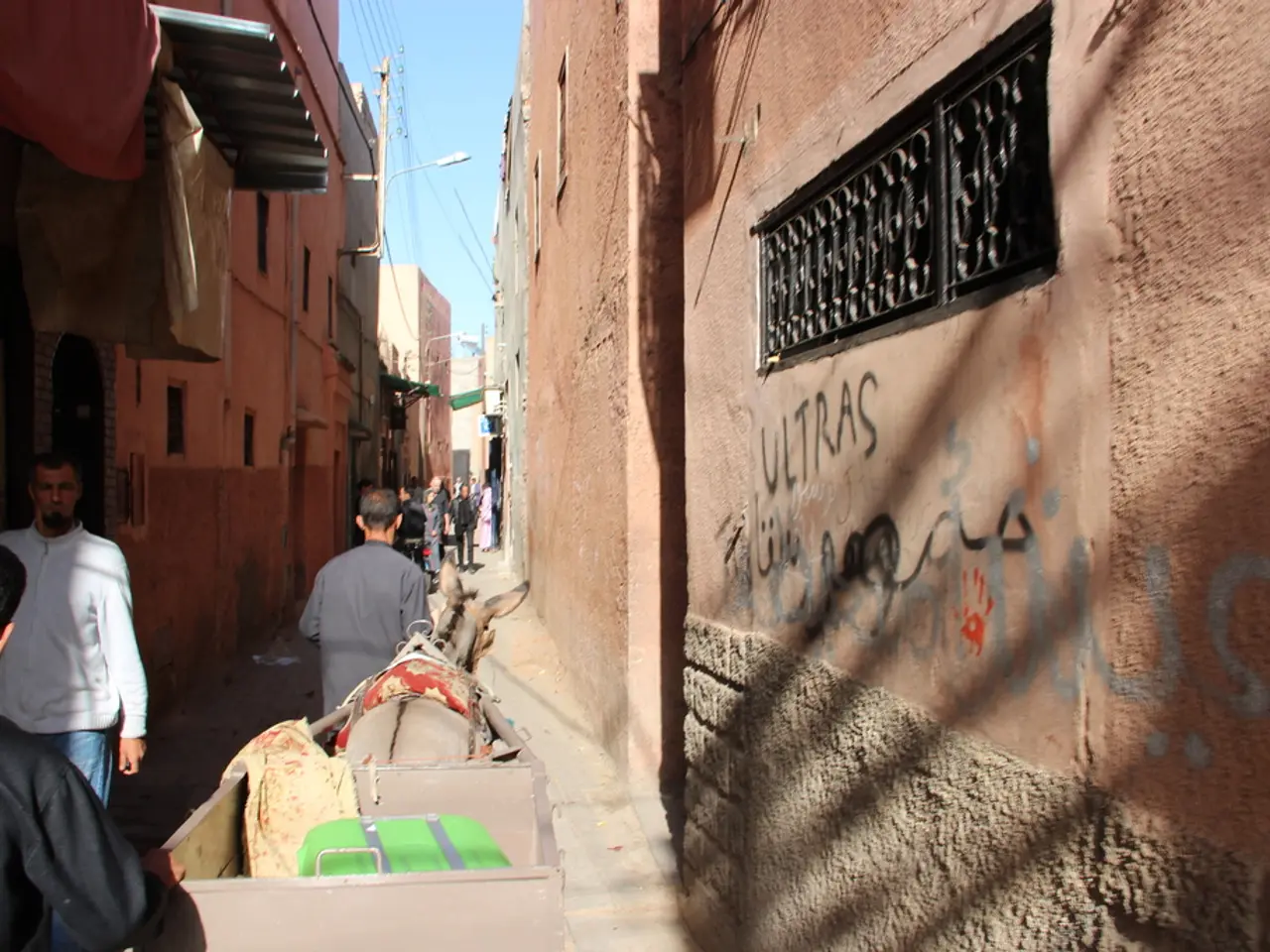Distributing Knowledge of Māori Culture
Over the past two decades, Dr. Pauline Harris has dedicated her work to transferring Māori astronomy knowledge to Māori communities and the wider public. As the Chairperson of the Society of Māori Astronomy Research and Traditions (SMART), she actively revives and shares mātauranga Māori (Māori knowledge) in an effort to integrate traditional Māori star knowledge with contemporary scientific understanding.
Dr. Harris's approach is multi-faceted, focusing on educational outreach to teachers and students, public discussion, and community engagement. She provides resources and frameworks that incorporate Māori astronomical concepts within science teaching, especially at primary and secondary school levels. By doing so, she promotes cultural identity as well as scientific literacy.
In addition, Dr. Harris emphasizes the connection between Māori astronomy and wider cultural practices. For instance, she highlights the maramataka (Māori lunar calendar), demonstrating how astronomy is intertwined with ecological and seasonal knowledge, thereby underpinning sustainable living and Indigenous perspectives on the natural world.
Dr. Harris's work as an astrophysicist, cosmologist, and kairangahau Māori (someone who gathers and interprets Māori knowledge) allows her to bridge these knowledge domains in educational contexts. Her work fosters a bicultural and interdisciplinary learning experience that values both Indigenous and scientific worldviews.
The creation of the Matariki public holiday is focusing on sharing Māori knowledge with the wider public. The holiday offers excellent opportunities to share mātauranga with the community, as demonstrated by the animation of Matariki whetu (stars) produced by the Ministry for the Environment.
However, it is important to note that not all knowledge can be shared with everyone; certain knowledge should only be taught to responsible individuals to protect it. The New Zealand Intellectual Property Office holds rights for some materials related to Matariki.
As the population of Aotearoa continues to change, it is crucial to learn and understand each other culturally and contextually. Many teachers who are not Māori will be teaching children in Aotearoa, so it is essential to understand the political context and one's role as a teacher.
Dr. Pauline Harris is passionate about including mātauranga Māori in the curriculum of schools, ensuring it is done respectfully and with correct knowledge. She has worked on Project Mātauranga and participated in Celebrating Matariki at Parliament.
In summary, Dr. Harris's method is holistic, using collaborative research, educational programs, and community engagement to embed Māori astronomy meaningfully in education and public knowledge platforms. Primarily, tātai arorangi (Māori astronomy) is important for Māori and their Pacific whānau, and understanding and respecting the tangata whenua and mana whenua of these lands is fundamentally important.
- Dr. Pauline Harris's work extends beyond Māori astronomy, encompassing health-and-wellness, mental-health, fitness-and-exercise, and nutrition through education-and-self-development by promoting cultural identity and scientific literacy.
- In addition to her efforts in education, Dr. Harris also recognizes the significance of space-and-astronomy in the larger context of Indigenous practices by highlighting the connection between Māori astronomy and the maramataka (Māori lunar calendar).
- Furthermore, her work involves learning from other knowledge domains, such as intellectual property law, by acknowledging the importance of protecting certain knowledge from indiscriminate sharing.
- As a leader in the field, Dr. Harris aims to ensure that mātauranga Māori (Māori knowledge) is respectfully integrated in the school curriculum, contributing to a bicultural and interdisciplinary learning environment that values both Indigenous and scientific worldviews.




